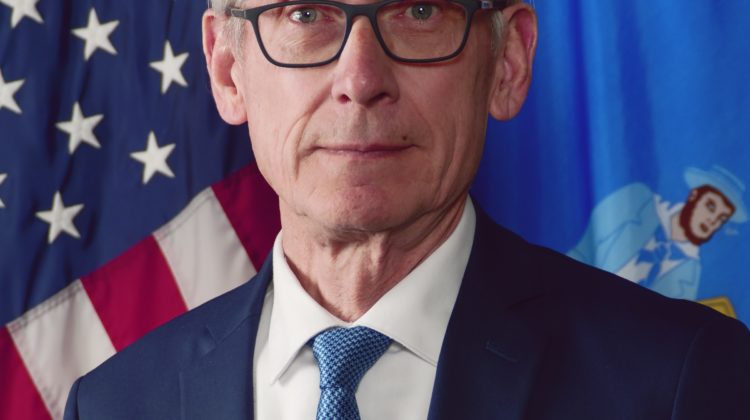
| Gov. Tony Evers and the Wisconsin Department of Administration (DOA) today announced the state of Wisconsin ended Fiscal Year (FY) 2023 with a positive balance of $7.07 billion—eclipsing last year’s record-breaking $4.3 billion balance. In addition, the state maintained its ‘rainy day’ fund (Budget Stabilization Fund) at a record-high $1.8 billion, according to the new Annual Fiscal Report released by DOA. Gov. Evers today, in light of the state’s historic economic position, again urged the Legislature to take up his plan to invest in the child care industry and address the state’s chronic workforce challenges. The governor’s renewed call today comes after Republican lawmakers have refused for months to take action on Gov. Evers’ comprehensive workforce plan to invest in affordable, accessible child care statewide, expand paid family leave, educate and train the state’s future workforce at the University of Wisconsin (UW) and Wisconsin Technical College Systems, and support high-need workforce sectors statewide, including Wisconsin’s healthcare and education workforces. Gov. Evers announced in August he would be calling a special session of the Legislature to occur on Sept. 20, 2023. The governor’s special session remains open even as Republican legislators refuse to advance the governor’s workforce plan despite the state having the highest available surplus in state history. “We began the most recent biennium in the best fiscal position in our state’s 175-year statehood, and today, we’re in an even better position than we were a year ago because we’ve worked hard to be prudent with taxpayer dollars while making smart, strategic investments to maintain our state’s economic momentum,” said Gov. Evers. “At the same time, I’ve said from the beginning that with this historic surplus comes historic opportunity and responsibility—today, we can afford to do more. While we’ll continue to save wherever we can and stay well within our means, we also have a duty to invest in needs that have long been neglected—and that includes finally addressing our state’s generational workforce challenges and preventing the looming child care crisis that will only make our workforce problems worse,” Gov. Evers continued. “I’m again urging the Wisconsin State Legislature to take up my comprehensive workforce plan to invest in stabilizing our child care industry, expand paid family leave, and support higher education so we can train, retain, and recruit talented workers.” “The state of Wisconsin has a new record balance in the books and a timely opportunity to leverage our strong financial footing, especially given that the state’s ending balance in FY23 is $196.3 million higher than previously budgeted,” said DOA Secretary Kathy Blumenfeld. “Prudent fiscal management over the last few years has ensured that the state is well positioned to not only address future needs with a record-high rainy-day fund but also position us to respond to ongoing challenges faced by Wisconsinites today.” The full FY 2023 Annual Fiscal Report, which ended on June 30, 2023, is available here, and noteworthy items include: The state’s undesignated general fund balance at the end of FY 2023 was $7.1 billion, nearly 65 percent higher than the prior year’s balance of $4.3 billion, and more than 12 times larger than the balance at the end of FY 2018. The current Budget Stabilization Fund balance was maintained at $1.8 billion, the largest in the state’s history and more than five times larger than the balance at the end of FY 2018. State general fund tax collections in FY 2023 increased by 2.1 percent over the prior year and were very close to the most recent estimates projected on May 15, 2023. |
